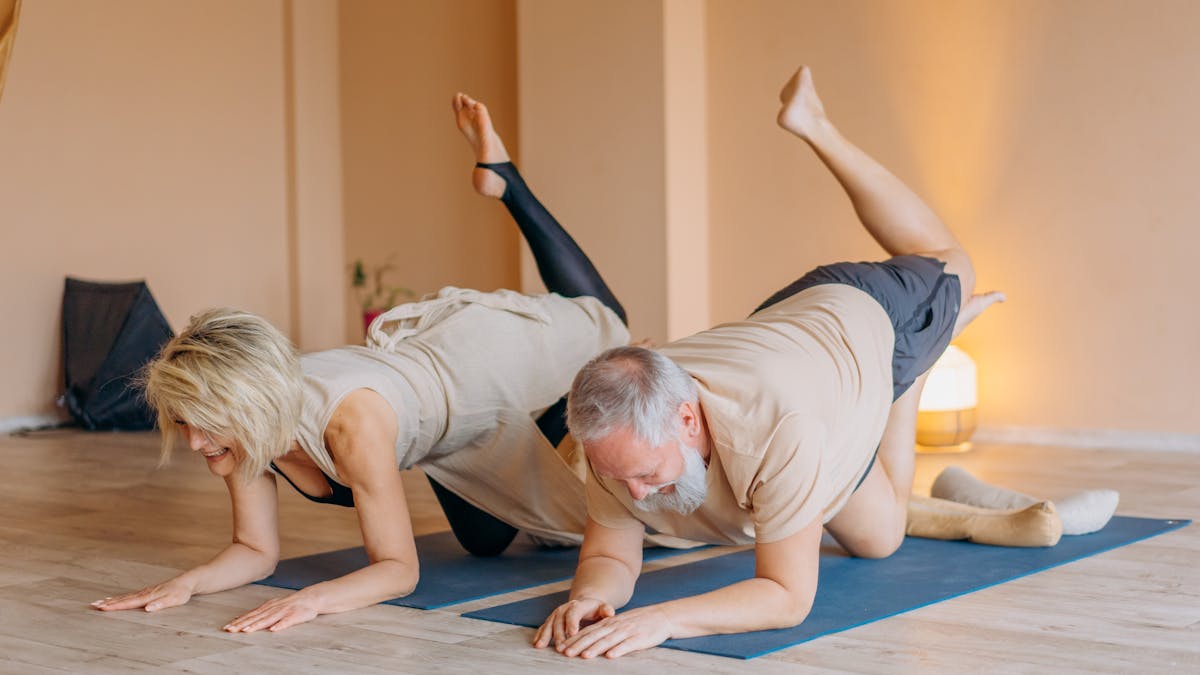
Tips For Maintaining Your Mobility
Your mobility enables you to move about your home and neighborhood safely. Yet nearly one-third of adults 70 and older report living with mobility limitations. While it’s natural for mobility to decrease with age, there are ways you can improve your mobility so you can continue living a safe, high-quality life.
Why Is Mobility Important?
Mobility is your ability to move freely and safely without pain or limitations. The National Institute on Aging emphasizes that remaining mobile and preventing disability as you age makes living independently and caring for yourself easier. Maintaining mobility also decreases your risk of falling, reducing your risk of fall-related injuries like broken bones and concussions. Strong mobility also leads to confidence, self-worth, and a better sense of self.
Tips for Maintaining Mobility
Mobility limitations are not an inevitable part of aging. By incorporating these lifestyle changes, you can build and maintain your mobility.
Stretch
Stretching is a physical activity that improves muscle strength and flexibility, making it easier to move freely without discomfort. Regular stretching also maintains your joints’ range of motion.
The goal of stretching is to target all major muscle groups (neck, shoulders, arms, core, thighs, calves, and feet). Spend about ten to fifteen minutes every morning, waking up the body with slow and steady muscle movement. If areas in the body feel particularly tight, give that area extra love and attention, holding positions that elongate the muscles to increase mobility.
Balance Work
Balance and mobility go hand-in-hand. Your balance helps you control your body as you move. The better your balance, the easier it is for you to safely and confidently move your body.
Activities such as yoga and tai chi are great for helping you improve and maintain your balance. You can improve your balance with strength training, strengthening the muscles you need to hold balance poses. You can also try quick balance challenges at home throughout the day, such as shifting weight from one foot to the other, heel-toe walks, and leg swings.
Nutrition
The foods you eat can both negatively and positively affect your body. In general, you want to eat a well-balanced diet to maintain a healthy weight. Maintaining a healthy weight puts less stress on the bones, tendons, and joints, making it easier for you to move without discomfort.
But eating healthy isn’t just about weight management. You can include nutrients in your diet that can support your mobility.
- Proteins help build and repair muscles and bones. Lean meats, beans, and chickpeas are good sources of protein.
- Fats help the body absorb vitamins and are one of your body’s main sources of energy. You can get healthy fats from salmon, walnuts, and almonds.
- Anti-inflammatory foods, such as berries and leafy greens, can help reduce inflammation in the body.
Mobility Assistance With Visiting Angels
Even if you’re continuously working to maintain your mobility, you may still experience mobility challenges that require assistance. One of the common services Visiting Angels’ caregivers provide is mobility assistance through our personal care program. Mobility assistance includes helping clients move around their home or outside, navigating from sitting to standing positions, and ensuring clients don’t fall or injure themselves while moving.
Our Manassas office works with clients throughout Prince William and Fairfax counties in Virginia. You can view our at-home care options online or contact our office to schedule a complimentary consultation with our care team.
